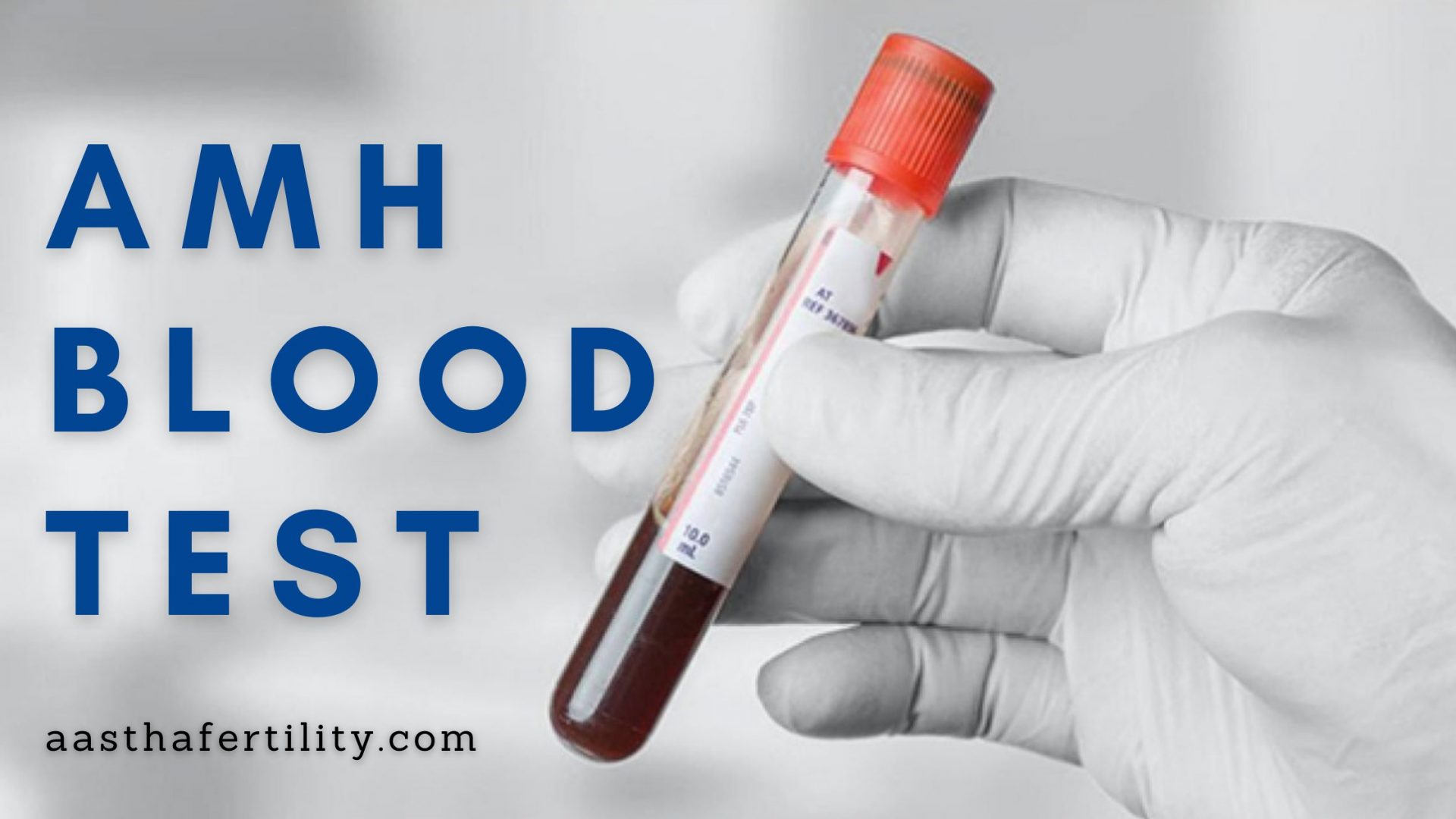Table of Contents
TogglePregnancy is a life-changing experience for a woman where her body undergoes different changes related to hormones, and thyroid-related issues are at higher risk during this phase. A baby in the womb relies on her mother for everything, including the hormone the mother’s body produces to maintain body functions while keeping both lives healthy.
The thyroid is the second most common endocrine disease that affects women during their reproductive age. If untreated during pregnancy, it increases the risks for placental abruption, miscarriage, growth restriction, and hypertensive disorders.
The thyroid is a butterfly-shaped, small hormonal gland in our throat that regulates the human body’s growth, metabolism, and development. Thyroid diseases like hypothyroidism and hyperthyroidism are relatively common in pregnancy due to an underactive thyroid gland, producing fewer hormones than the body needs.
This can, therefore, slow body metabolism, leading to weight gain, fatigue, and other related issues. All these symptoms are common with ovulation symptoms, making it harder to diagnose thyroid disease.
However, your gynecologist or the fertility expert will be on the lookout for all the symptoms, further suggesting the need for additional testing and medications.
Symptoms of Hypothyroidism and Hyperthyroidism While Pregnant

Symptoms of thyroid-related diseases may mimic normal pregnancy, and the issue can go undetected if the symptoms are mild. Therefore, you need to notice the small changes thoroughly, making them addressed by your physician for help. Some of the common signs of hyperthyroidism and hypothyroidism include the following:
- Heightened Nervousness
- Severe vomiting and nausea
- Irregular heartbeat
- Trouble Sleeping
- Shaking Hands
- Sudden weight gain or weight loss
- Muscle Cramps
- Constipation
- Sensitivity from cold temperature
- Memory problems
- Swelling on the face
- Hair and skin changes, including loss of eyebrows and dry skin
How to Control Thyroid During Pregnancy?
During pregnancy, those dealing with thyroid-related issues know how difficult it might be to tackle the symptoms while concentrating on their daily tasks.
If you are looking out for the answers related to how to manage your thyroid during pregnancy and how to decrease thyroid levels during pregnancy, then these below-mentioned 17 tips will help you with some readily available suggestions-
Medication
1. Thyroxine
Thyroxine is the approved medication to treat hyperthyroidism. It is a synthetic thyroid hormone identical to T4 secreted by the thyroid gland. Your fertility expert will increase the dosage of thyroxine to maintain normal body functioning. Thyroxine is medically approved, safe, and necessary for the fetus’s health if the mother suffers from thyroid issues.
Diet


2. Coconut Oil
Apart from medications, patients can also control or reduce their thyroid levels naturally. Coconut oil is the quickest fix for TSH levels. Mix two spoons of virgin coconut oil in a glass of milk before bed. The anti-inflammatory and stress relief properties of coconut oil will help remove extra cholesterol while maintaining body weight.
3. Primrose Oil
For all women suffering from hypothyroidism, primrose oil helps increase the number of thyroid hormones, reset the menstrual cycle, and also helps aid hair loss.
4. Exclude Broccoli, Kale, and Cabbage
If you have high TSH levels, stay away from cabbage, kale, and broccoli. This helps reduce the degree of iodine required by the thyroid gland, affecting the build-up of the hormone, and resulting in hypothyroidism and inadequate gland functioning.
5. Include Eggs and carrots in Diet
Vitamin A boosts the functioning of the thyroid gland, and eggs, carrots, and pumpkins are the best source of required nutrition. However, consuming them within specified limits is recommended to avoid further risks.
6. Wheat Food Items
Pregnant women must restrict the intake of refined wheat and replace the same with whole wheat like cereals, oats, whole wheat bread, barley, and other related items. This also helps regulate the proper functioning of the thyroid gland, controlling hypothyroidism.
7. Herbal Tea
Herbal Tea is yet another best natural remedy to control TSH levels. Pregnant women avoid caffeinated drinks like soft drinks, coffee, or tea. Replace them with cinnamon, ginger, or herbal tea that helps provide nutrients to the thyroid gland, boosting its functioning.
8. Cod Liver Oil
It contains omega-3 fatty acids that help build immunity and reduce the signs of inflammation. Cod Liver Oil is available in capsules, and it is advised to get its daily dosage quantity from your gynecologist.
9. Apple Cider Vinegar
Apple Cider Vinegar helps control the production and expression of hormones that help alkalize the body while improving metabolism.
10. Almonds
Almonds are an excellent source of fiber, protein, and minerals that helps control hyperthyroidism. Almonds have selenium which is considered a healthy thyroid nutrient. Magnesium found in it also regulates the smooth functioning of the thyroid gland.
Regular Exercise

Medication, diet, and natural ways- all work together for fast, effective results. But beware- “Do not try out exercises without consulting your gynecologist.”. Some of the best recommended and approved workouts for controlling TSH levels are:
11. Workout of the Thyroid Gland
This is one of the simplest and most effective exercises to control TSH levels. Lie on your back and massage your diaphragm with gentle hands for a minute. Put one hand on your throat and exhale with a sound. Include this in your daily schedule for 5-10 minutes for effective results.
12. Leg Lunges
Stand with your feet apart and bring one leg closer to the other while placing both the foot firmly on the ground and bending at the knees as much as possible. Keep your hands on both sides to maintain balance. Do 10 lunges in a day slowly and steadily.
13. Brisk Walk
Don’t exert yourself. Just do a brisk walk for 10 minutes, either on the treadmill or in the garden. This slow walking will give your body a cardio boost that helps combat hypothyroidism.
14. One-Leg Lift
Hold on to something and gently bend to tech the ground, pushing one leg backwards in the air. Repeat this 10 times a day, and do not bend your back while touching the ground. It should be kept straight.
15. Squats
Hypothyroidism makes your lower body art bulky. The bulkier, the lower body part is, the less space the baby gets to grow in the sac. Squats are the best workout for thighs, helping you shed a few pounds for the healthy growth of your baby.
16. Bhujangasana
Bhujangasana is one of the important asanas in Surya namaskar that helps stretch neck and throat muscles, improving the function of the thyroid gland.
17. Setu Bandhasana (Bridge Pose)
This is an effective yoga pose for thyroid disorders. It helps stretch the neck and stimulates blood circulation to the thyroid gland. The pose is also known to relieve headaches and strengthen the body muscles.
What Causes Thyroid During Pregnancy?
Estrogen and Human chorionic gonadotropin are major pregnancy hormones that raise your thyroid hormone level. The thyroid gets slightly enlarged in pregnant women. If you have Graves’ disease (an autoimmune disorder) during pregnancy, you will have hyperthyroidism. This condition makes the thyroid overactive, producing a high amount of thyroid hormone.
On the other hand, Hashimoto’s disease during pregnancy makes the thyroid underactive. So, the thyroid hormone level goes down, and it slows down your physiological functions.
How Does Thyroid During Pregnancy Affect Baby?
During the initial period of pregnancy, the fetus’s condition depends on the mother’s thyroid hormones. These hormones facilitate the brain development of a baby. Lack of adequate thyroid hormone can cause an adverse effect on the fetus. It has been found that hypothyroidism in the mother results in the birth of a low-IQ baby. There is also a risk of impaired psychomotor development of the baby. Similarly, pregnant women with Hashimoto’s thyroiditis have a chance of losing the pregnancy. This condition affects the normal functions of the thyroid gland. If maternal hypothyroidism is properly treated at the right time, harmful effects on the fetus are easily preventable.
Frequently Asked Questions
1. How to Control TSH in pregnancy?
There are various ways to control TSH levels in pregnancy, but your gynecologist must first approve these before being implemented. The team of fertility experts at Aastha Fertility Care includes all these medications and workouts in your diet already, eliminating any further risks for the patient.
2. How To Control Thyroid to Get Pregnant?
If you already have thyroid-related issues, your physician will include or increase the dose for thyroxine. If you do not suffer any such issue, they will suggest you restrict your diet, eliminating any relatable chances. Furthermore, doctors at Aastha Fertility Care conduct the test every 2-3 weeks to ensure any new symptoms.
3. How To Prevent Thyroid in Pregnancy?
You cannot entirely prevent thyroid. All you can do is take precautions and follow the given workout schedule to eliminate the chances. Further, get assisted with the best fertility experts for ideal guidance towards your pregnancy journey, assisting you with all the related queries.
Summary
Hypothyroidism and hyperthyroidism are simple conditions to manage during pregnancy. But for this, you need to get your tests conducted. These will help find and notice unusual symptoms, helping doctors find the best treatments for successful deliveries.

The team of fertility experts at Aastha Fertility Care will assist you throughout your pregnancy journey, helping their patients with all their queries. The center holds its records for the highest success rate in IVF treatment in India and is awarded the best female infertility treatments.
Book your Online Consultation now with our experts to get your screening done for the best results!





Leave a comment